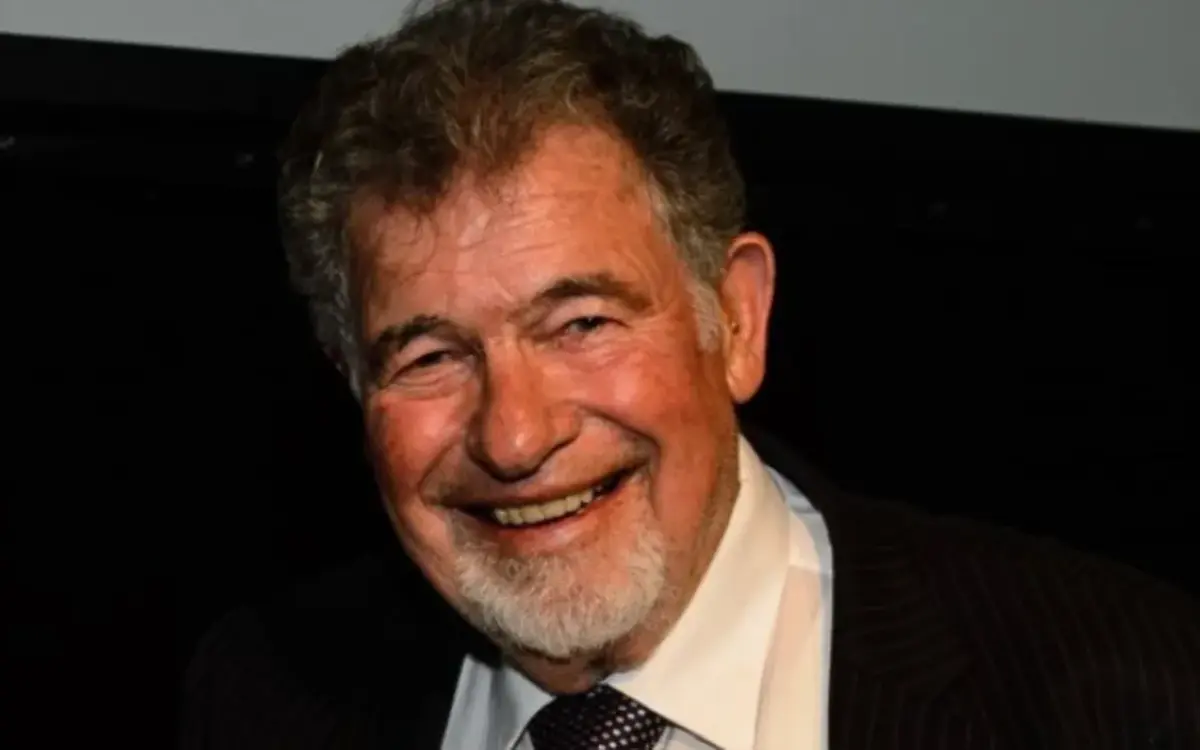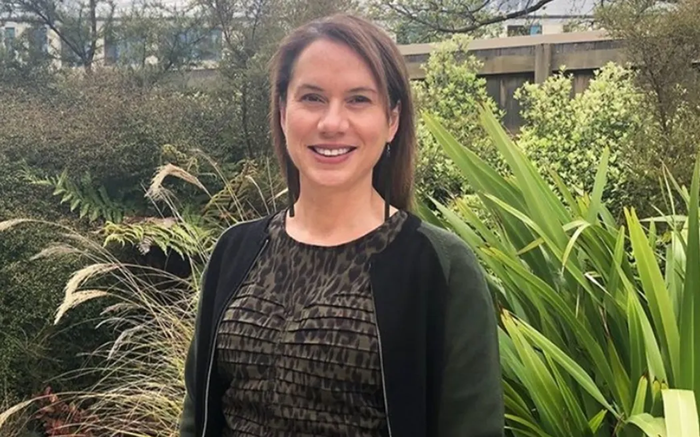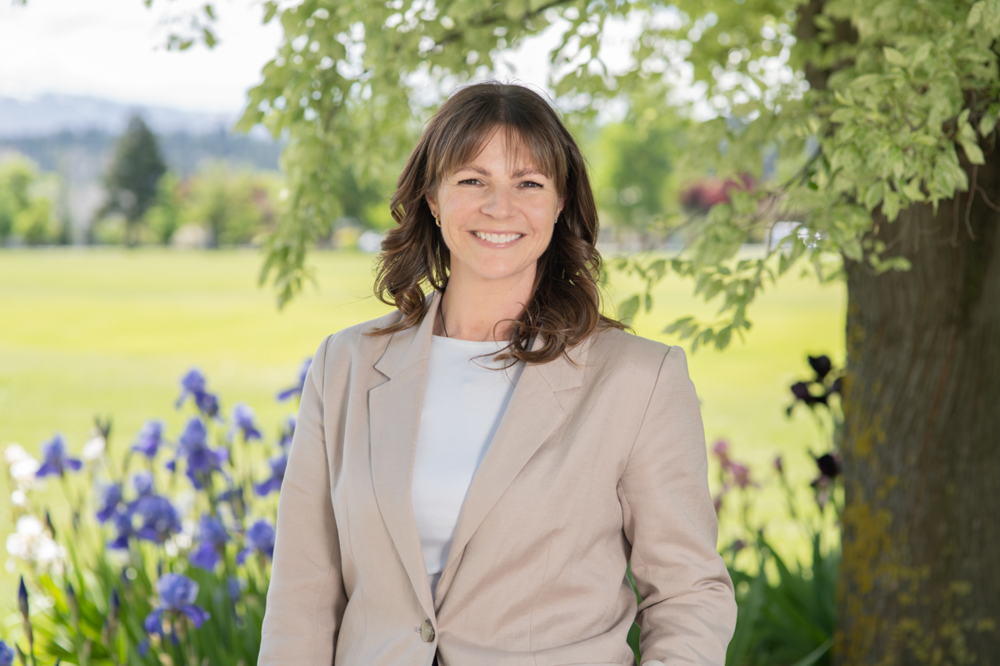Landmark 'Dunedin Study' founder dies, aged 84
RNZ
14 June 2025, 7:00 PM
 Dr Phil Silva. Photo: Dunedin Multidisciplinary Health and Development Study
Dr Phil Silva. Photo: Dunedin Multidisciplinary Health and Development StudyThe founder of a landmark study following more than a thousand babies born in the early 1970s has died.
Dr Phil Silva, who started the Multidisciplinary Health and Development Study - commonly known as the 'Dunedin Study' - died on Thursday, aged 84.
He began the study, which followed the lives of 1037 babies born at Queen Mary Maternity Hospital, Dunedin, in 1972.

Current Dunedin Study director Professor Moana Theodore. Photo: Supplied
Current Dunedin Study director Professor Moana Theodore said he was "an interesting academic", who previously worked as a former primary school teacher and psychologist.
Teaching rural children in the 1960s underpinned his life's work, she added.
"He always had a passion for teaching, and helping support children and their families."
A masters degree and doctorate in research focused on children began under Otago University lecturer Dr Patricia Buckfield in the late 1960s, Theodore said.
Buckfield had an interest in neonatology and gathered data on every baby born at Dunedin's Queen Mary obstetric hospital between 1967-73. This lead to the creation of the Dunedin Multidisciplinary
Health and Development Unit, under Silva's direction.
Theodore said Silva was an energetic mentor, who "took people along with him", and this bolstered the study's success, despite the odds of little funding.
"In the very early days, that meant he was able to bring on board hundreds of volunteers, who would help the study.
"He was incredibly driven, he had this huge energy and he faced almost impossible odds to set up the Dunedin Study in those early days, but he didn't let a lack of resource deter him.
"Through this ability to create relationships and to bring people on board with this greater purpose of improving other people's lives, he was able to get hundreds of volunteers to collect data and that
has been something that's made the Dunedin Study really special."
The study's 90 percent participation rate - more than 50 years later - was "unparalleled in the world", she said.
"A lot of that is to do with it's really a community study - it's proudly the Dunedin Study, it's not just the Dunedin Study - and that began with Phil."
Silva mentored both the previous director - the late Professor Richie Poulton, who ran the study after Phil retired, beginning in 1999 or 2000 - as well as Theodore, she said.
"He hired me originally as an interviewer at the age-26 assessment phase, when the study members were 26, back in 1998, and he always kept actively involved in supporting and providing advice to
me as well.
"He was so passionate about improving the lives of others and, starting in early life, he once argued publicly that New Zealanders, as a whole, could be seen to care more about their cars than they did
about their children. They would check cars every six months to a year.
"His research and his vision for improving lives resulted in things like more routine check-ups for children, particularly in pre-school, and this growing understanding of health in those early years, such
as the high rates of glue ear, and the need to show compassion to our children and young people, particularly if they were seen to be going off the rails."
The study made the cover of Time magazine in 1993 - a year before he was awarded an OBE for services to health and education.
"The headline read, 'All you need is love'. That summed up how Phil really felt about children and young people."
Silva left behind "an incredible legacy" said Theodore. "We continue to work to uphold [that] and we're seeing study members now at age 52, through this lifetime of service.
"Dr Phil has left this legacy and a taonga [prize] for New Zealand, which leaves behind the best childhood foundation guarder in the world - and the most studied group of people anywhere in the world."



